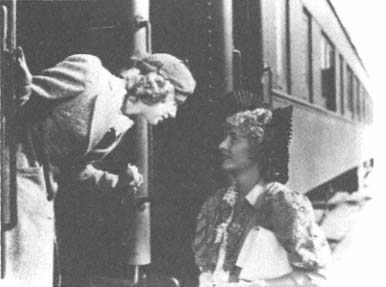Revisiting Stella Dallas from a cognitive theory of film

Different approaches address melodrama from different perspectives and usually focus on different aspects of a melodramatic production. Most of the approaches rely heavily on theories in ways of understanding melodrama. A cognitive theory of film focuses on the way audiences in general perceive a film. Staying within the framework of a cognitive theory of film, I have analyzed audience’s comments on Stella Dallas (1937) found at customer’s review. The analysis is supported by a close reading of the last sequence of the film.

File:Stella-dallas-lobby-1925.jpg - Wikipedia

PDF) Information, reception and film: A reader-response analysis of Rashomon

Prospects for Film Theory: A Personal Assessment

The evolution of human music in light of increased prosocial

PDF) Race, Class, and the Pressure to Pass in American Maternal Melodrama: The Case of Stella Dallas

Stella Dallas (1925): a melodrama that quickens the pulse

From Saviors to Angels of Death: Apocalyptic Westerns – Offscreen

PDF) Information, reception and film: A reader-response analysis of Rashomon

Revisiting Stella Dallas from a cognitive theory of film

Lives Together/Worlds Apart

Stella French - Facebook, Instagram, Twitter [Profiles]

Peter Verstraten, Stefan Van Der Lecq - Film Narratology (2009

Decoding identity from motion: how motor similarities colour our

Anis Pervez – Offscreen